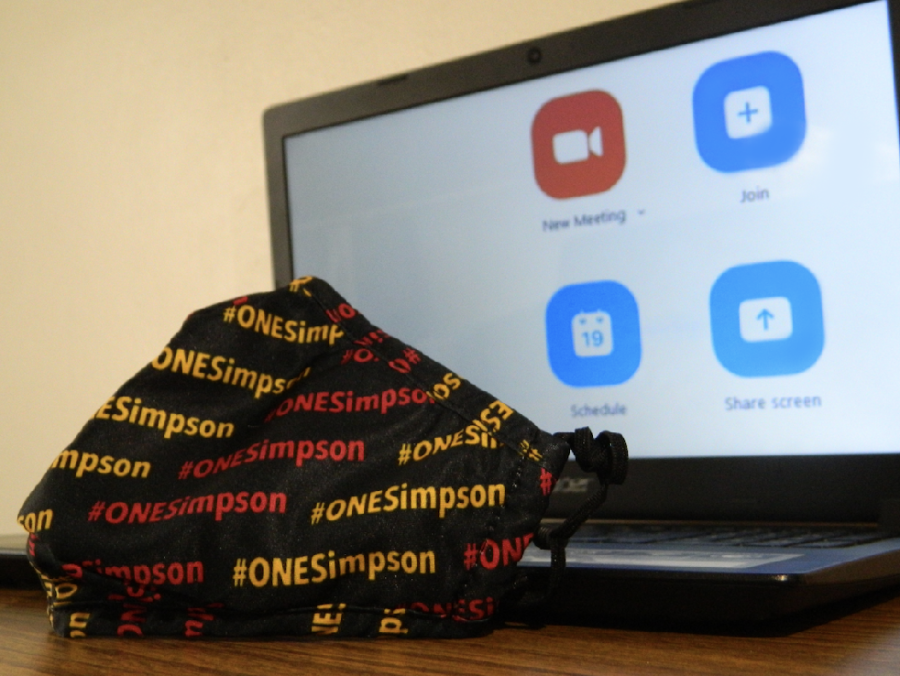Quarantine requirements dropped in face of rising cases: What does campus think?
CMT drops quarantine requirement
February 2, 2022
Despite a recent rise in cases on Simpson College’s campus, the COVID Management Team (CMT) has dropped the requirement for quarantine after close contact with COVID-19 regardless of vaccination status.
On Jan. 26, the campus set a new record for the most amount of COVID-19 cases recorded on Simpson’s campus in a single semester with a total of 133 cases in just three weeks. This total has since increased since the last dashboard update on Jan. 31 and Feb. 2.
CMT believes that the Omicron variant has thwarted the ability to implement effective isolation measures.
All individuals who have been exposed to COVID are still required to wear a mask around all others, including their roommates, but are now permitted to attend class and work. Quarantine will now only come as a strong recommendation.
A rollback of quarantine requirements to this extent would not have been taken lightly, said first-year Hannah Duncan.
“There’s definitely a lot of thought into that decision,” she said.
To junior Chase Henry, the hassle associated with the upkeep of isolation protocols is not worth the small payoff he sees.
“I’m in support of [the dropped requirement of quarantine] mainly because by the time staff could get information about contact tracing and all that out of the way and sent to the individual, they only had one or two days left on their quarantine or isolation period.”
CMT’s recent decision to drop requirements for quarantine cites new guidelines from the Centers for Disease Control and Prevention (CDC).
“I think to compare a smaller pool like Simpson to the CDC and what the CDC is saying for the entire country is a little incompetent in my personal opinion,” senior Tatum Clayburn said.
Clayburn expects the student body to do what it wants and for this to cause an increase in cases. The thought that there will be a potential rise in cases again is not uncommon among students.
“I think the entire country is going to see the same amount of positivity rates and spread as the colleges, and there’s not a lot we can do about that since everything’s so opened up already,” senior Noah Trujillo said.
Simpson is reactional, said Clayburn, and it will only come back to hurt campus.
“Simpson doesn’t do anything unless something has already happened, and I fully believe that until a student or faculty member passes away from COVID we’re not going to do anything to take it any more seriously than the rest of the world,” she said.
However, to some students, the change in requirements is not only a question of safety but of autonomy. First-year Sean Miller does not think that requiring COVID protocols is a good idea, but instead thinks persuasion is acceptable.
“I feel like [students] should be persuaded by their CA’s or by the school itself, but in the end should be up to the single individual,” he said.
To Miller, individuality and personal choice are key parts of what college is.
“At the end of the day, we’re going to follow what other schools in the ARC (American Rivers Conference) are doing,” Henry said.
CMT will take other schools that are situated similarly to Simpson into account as well, he said.
As CMT continues to modify its approach to match the ever-mutating virus, they still want to encourage students to get vaccinated and adhere to proper mask use.






